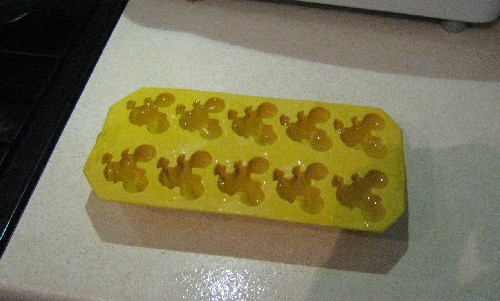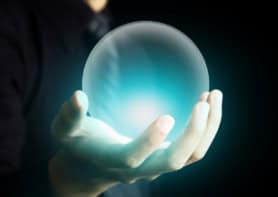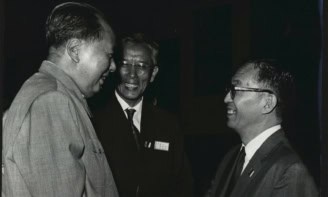
A more sophisticated approach is needed
By Hamish Johnston
When I was a boy I remember hearing that a tray of hot water in a freezer sometimes freezes before a tray of cold water. Being an accepting child rather than a sceptical scientist, I had no problem embracing this as another example of the weirdness of nature.
Called the Mpemba effect, the curiosity was spotted in 1963 by Erasto Mpemba who was making ice cream for a school project. The Tanzanian teenager was in a hurry and put his boiled milk into the freezer before it cooled to room temperature and found that it froze before his classmate’s cooler samples.
When young Erasto asked a teacher how Newton’s law of cooling could be reconciled with his observations he was famously told, “All I can say is that is Mpemba’s physics and not the universal physics.”
Undeterred, Mpemba carried out further experiments, eventually writing a paper with a physicist at the University of Dar es Salaam. The paper was published in 1969 – the same year that Canadian physicist George Kell published an independent observation of the effect.
It turns out that Mpemba was not the first to ponder this phenomenon. The idea has been around for more than 2000 years and the 1969 papers led to a flurry of claims that the effect can be observed in everything from food preparation to frozen pipes.
The papers also spurred a debate among physicists about whether the effect is real or merely the result of bad experimental technique. Indeed, it turns out that it is incredibly difficult to define and control all the variables involved in deciding which sample freezes first.
Some physicists believe that the effect is related to supercooling – when liquid water is cooled it can remain liquid at temperatures well below zero Celsius. It could be that the smaller temperature difference between freezer and cold water encourages more supercooling, lowering the temperature at which the sample freezes.
However, some experiments suggest the opposite – that it is easier to supercool hot water!
Now, James Brownridge at the State University of New York at Binghamton has done a series of nine carefully controlled experiments to understand the conditions under which the Mpemba effect occurs.
His conclusion “Hot water will freeze before cooler water only when the cooler water supercools, and then, only if the nucleation temperature of the cooler water is several degrees cooler than that of the hot water.” The nucleation temperature is the point at which supercooled liquid actually freezes.
He was able to create these conditions in his lab using sealed vials of water that are immersed in a freezing salt solution. He cycled the samples through 28 freeze/thaw cycles and found that the hot water froze before the cold every time.
What I don’t understand about the experiment is that Brownridge seems to have chosen his samples based on the knowledge that there is a 5.5 degree difference between their nucleation temperatures. Or, in other words, the samples are not identical.
So does this mean that the Mpemba effect doesn’t occur with identical samples, but only with samples that differ in a specific way?
You can read more about the Mpemba effect in this Physics World article: Does hot water freeze first?.



